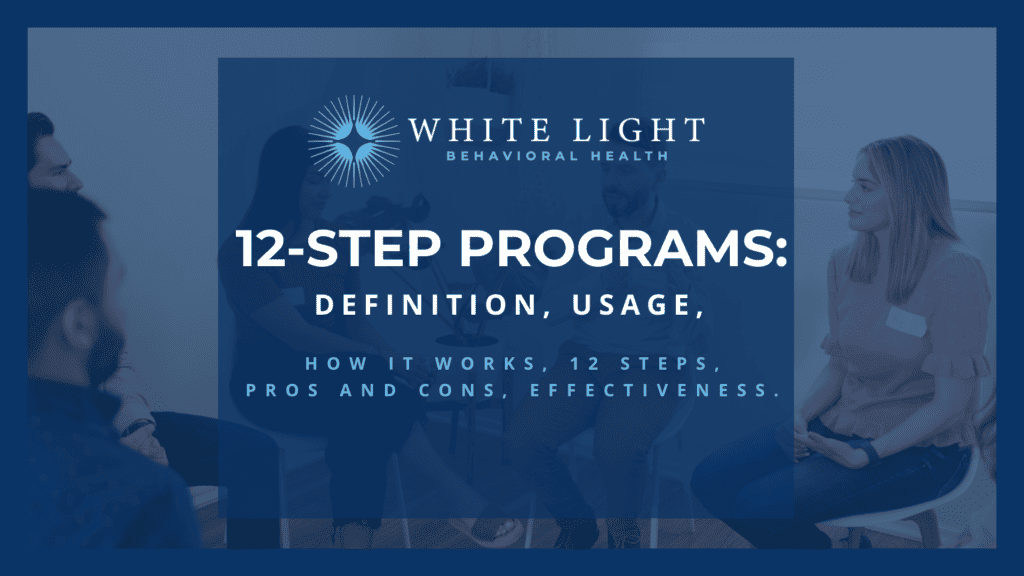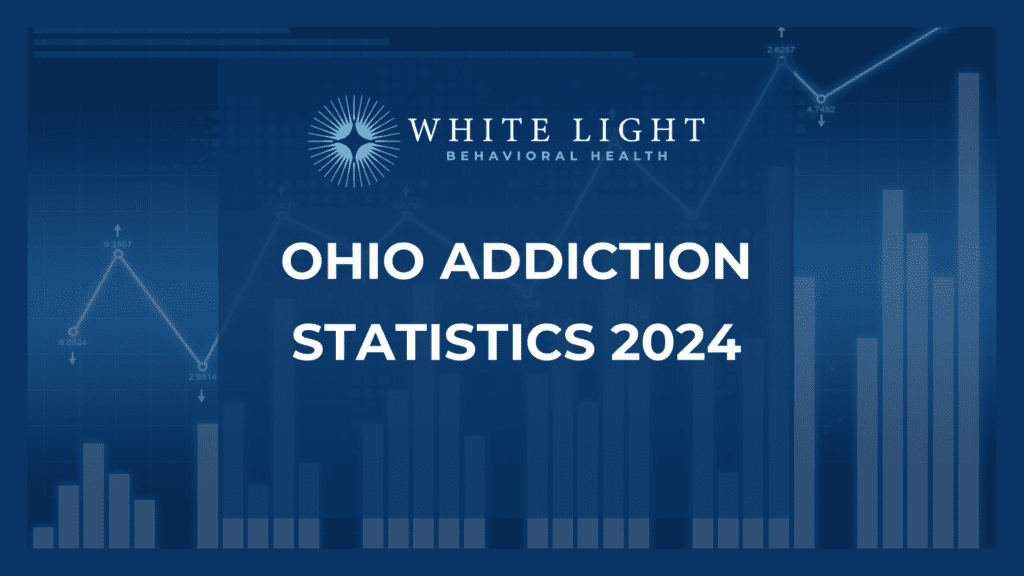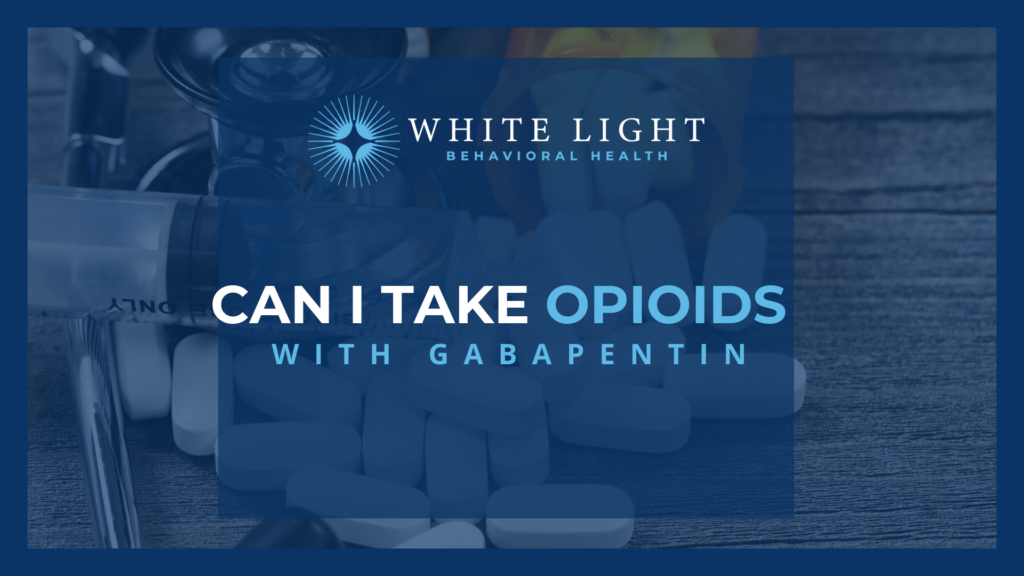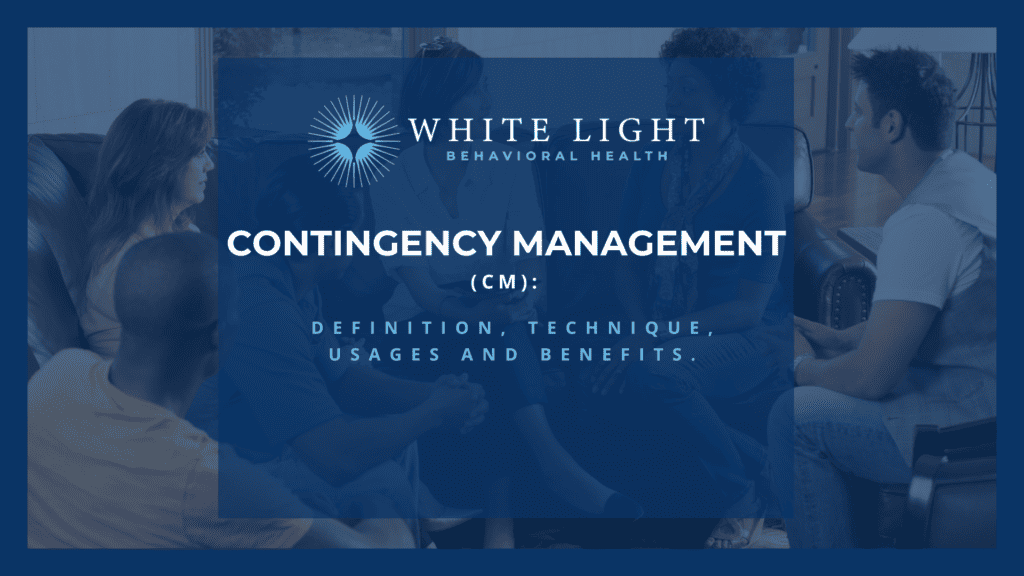Our 12-Step Addiction Treatment Program in Ohio
What is the 12-Step Addiction Treatment Program?

Today, this program is used by people suffering from other addictions, including those addicted to marijuana, narcotics, and cocaine. Depending on the drug you are addicted to, you can join groups like Narcotics Anonymous (NA) and Cocaine Anonymous (CA). All of these treatment programs follow the same 12-step recovery ideology.
When you start this program, senior members will volunteer to become sponsors, those willing to help you by sharing their experiences and guiding you on how to follow the 12-step program. You select a sponsor who you feel will be a good fit for you, and it’s important to choose carefully since you will be spending a lot of time with this person. Your sponsor will provide personal guidance as you work your way through the 12 steps of drug addiction recovery, which are outlined below.
1. Honesty: Admitting You Are Powerless
2. Faith: Believing in a Higher Power Than Yourself
3. Surrender: Turn Your Life Over to God
4. Soul Searching: Take Moral Inventory of Your Life
5. Integrity and Confession: Admitting Mistakes
6. Acceptance: Prepare Yourself for a Higher Power to Remove Your Defects
7. Humility: Ask the Higher Power to Remove Your Shortcomings
8. Willingness: List Your Wrongs and Be Ready to Make Amendments
9. Forgiveness: Make Direct Amends
10. Maintenance: Continue Taking Personal Inventory and Admitting Your Wrongdoings
11. Making Contact: Improve Your Contact With God and Do the Right Things
12. Service: Carry the Message of Recovery to Others and Continue Practicing Recovery Principles
You should take the 12-step addiction treatment program voluntarily without coercion. Once you successfully complete step one, the other steps will be easier to follow.

Does the 12-Step Addiction Treatment Program Work?
- According to a study conducted by researchers from the Stanford School of Medicine, AA is more effective for treating addiction than most other therapies. In 2021, AA was estimated to have about 2 million active members and over 120,000 active groups.
- The research and figures show that AA is a thriving social group built on the 12-step recovery program. It works successfully because it is voluntary. If you are struggling with addiction and need a facility offering the 12-step program in Ohio, consider White Light Behavioral Health in Columbus. We are here to help you overcome your addiction.
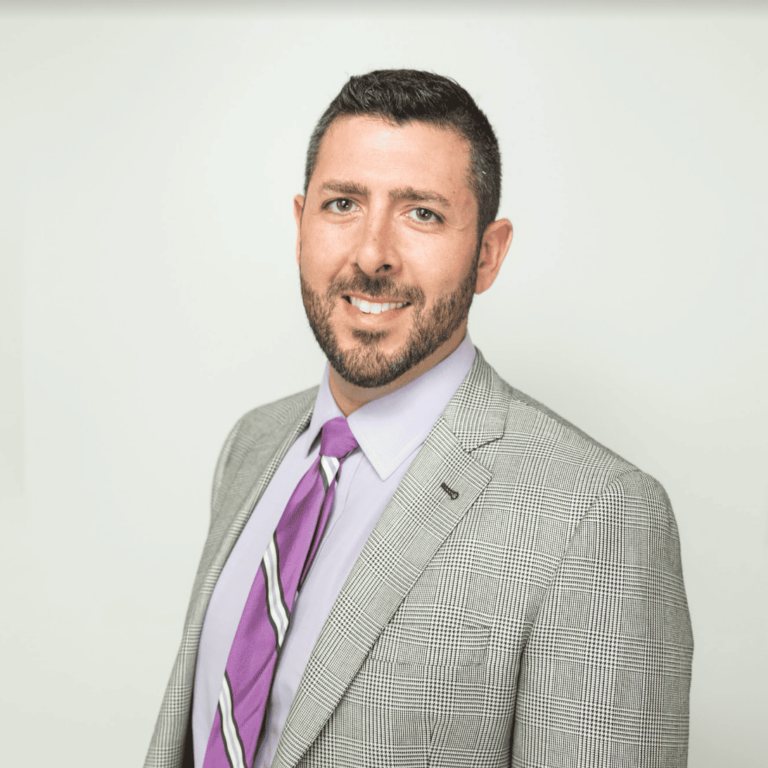
Share This Post
